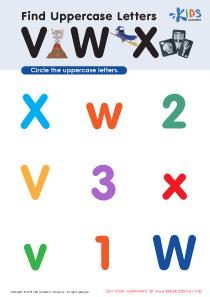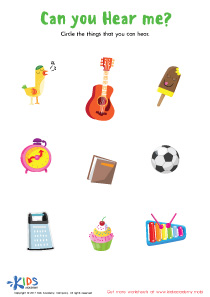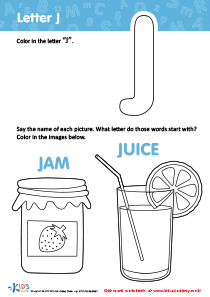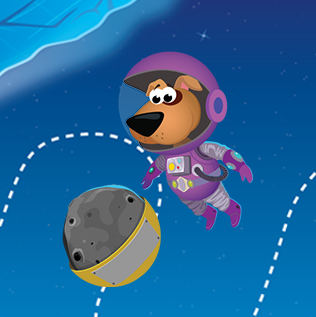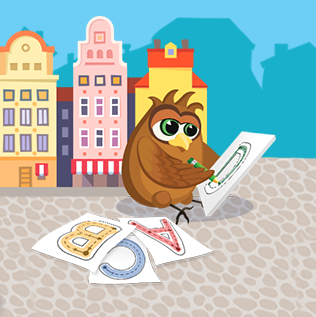English Language Arts Lessons | Other Parts of Speech for 6-Year-Olds
6 results
Dive into the world of words with our "Other Parts of Speech for 6-Year-Olds" program! Designed especially for curious young minds, this interactive series combines engaging worksheets, captivating educational videos, and fun assessment quizzes to solidify their understanding. Children will explore beyond the basics, unlocking the magic of adverbs, prepositions, conjunctions, and more in a fun, supportive environment. Each lesson is crafted to spark joy and curiosity, making learning about language an adventure. Perfect for 6-year-olds, our program encourages early literacy skills while keeping learning light-hearted and enjoyable. Join us on this linguistic journey and watch your child's communication skills blossom!
In the vibrant world of language learning, understanding the building blocks that constitute our communication is crucial, especially for young learners embarking on their educational journeys. Among these building blocks, the Other Parts of Speech for 6-Year-Olds stands out as a cornerstone lesson that offers a wealth of benefits to children in this age group. This lesson, designed with the curious and imaginative minds of six-year-olds in mind, is not merely a teaching module but an adventure into the realm of language.
The Other Parts of Speech for 6-Year-Olds encompasses a detailed exploration of the various elements that make up sentences beyond the commonly taught nouns and verbs. This includes adjectives, adverbs, prepositions, conjunctions, and interjections. Through interactive worksheets, educational videos, and assessment quizzes, this lesson is tailored to captivate young learners' attention while significantly enhancing their understanding of language structure and use.
Interactive worksheets serve as the backbone of this lesson, engaging children in hands-on learning experiences that are both fun and educational. These worksheets are designed to stimulate the young mind, fostering critical thinking and problem-solving skills as students navigate through exercises that reinforce their understanding of the material. By actively participating in these exercises, children not only learn about other parts of speech but also develop their reading and writing abilities, laying a solid foundation for their future academic success.
Moreover, the educational videos included in the Other Parts of Speech for 6-Year-Olds lesson add a dynamic element to the learning process. These videos, often featuring colorful animations and relatable characters, present the material in an accessible and entertaining manner. The visual and auditory stimulation provided by these videos enhances memory retention and makes complex concepts easier to grasp for young learners. Consequently, children are more likely to stay engaged and motivated throughout the learning process.
Assessment quizzes, on the other hand, serve a dual purpose. Firstly, they help reinforce the material covered in the interactive worksheets and educational videos by providing students with the opportunity to apply what they have learned in a structured setting. Secondly, these quizzes offer invaluable feedback to both educators and parents, allowing them to gauge a child's comprehension of the material and identify areas where additional support may be needed. This ensures that each child receives a personalized learning experience tailored to their individual needs and strengths.
In conclusion, the Other Parts of Speech for 6-Year-Olds lesson is a comprehensive and engaging approach to language learning that offers numerous benefits to children in their studies. By integrating interactive worksheets, educational videos, and assessment quizzes, this lesson not only enriches children's understanding of language but also enhances their cognitive development, reading and writing skills, and overall academic performance. As children embark on this educational adventure, they are not just learning about the intricacies of language; they are also building the foundation for a lifelong journey of learning and discovery.
